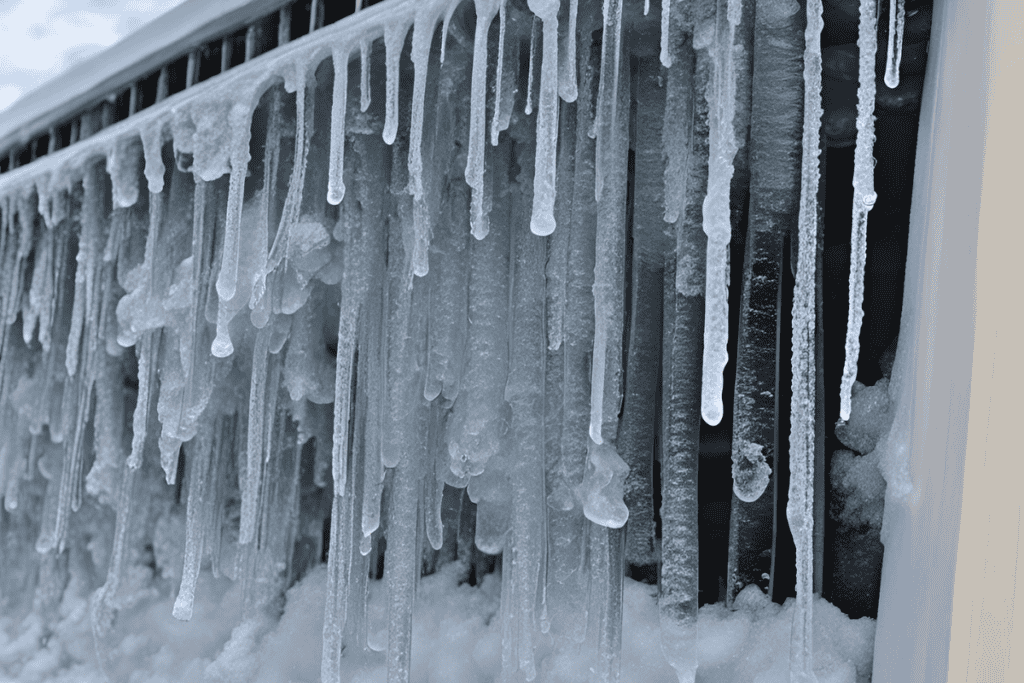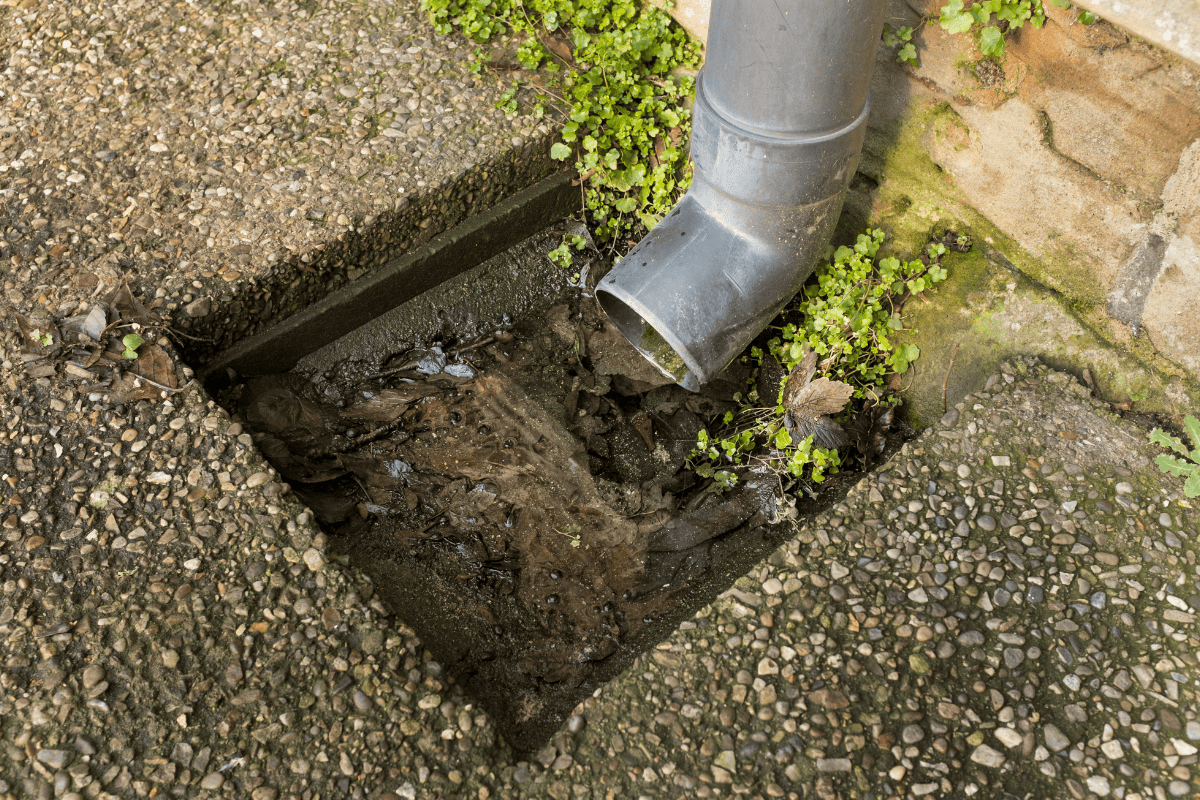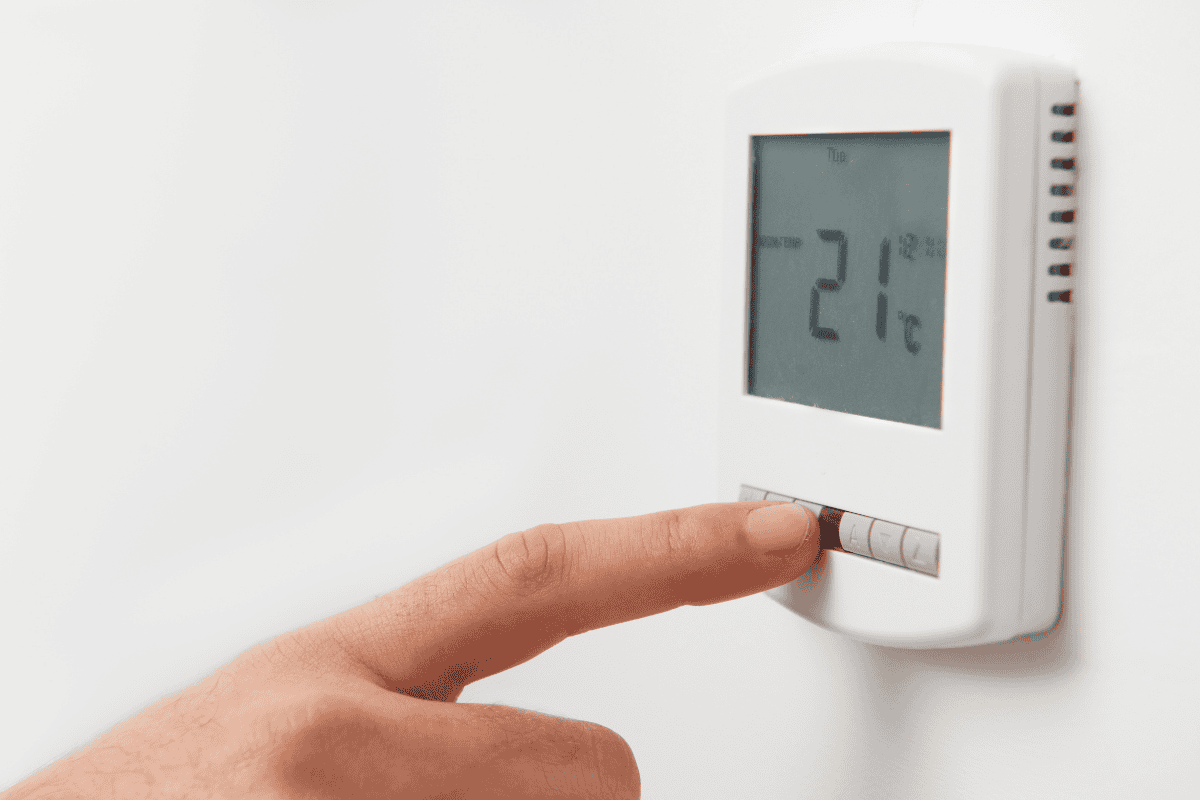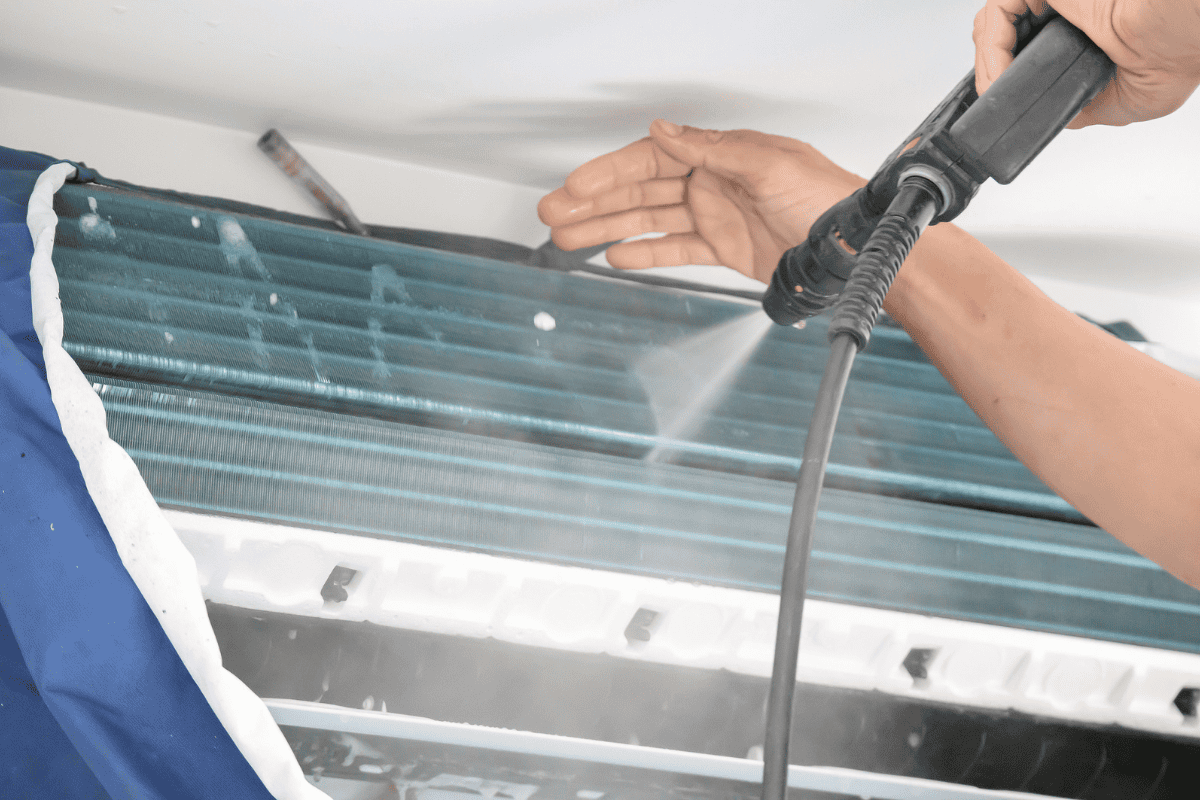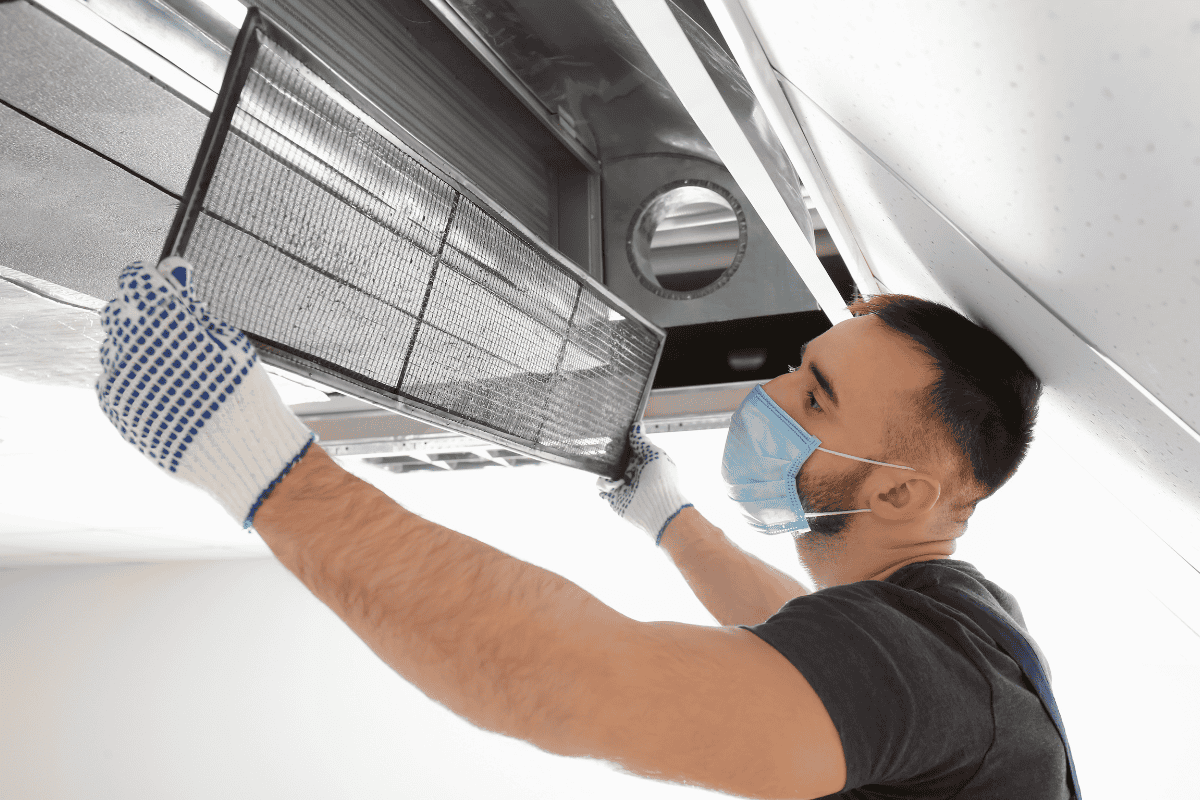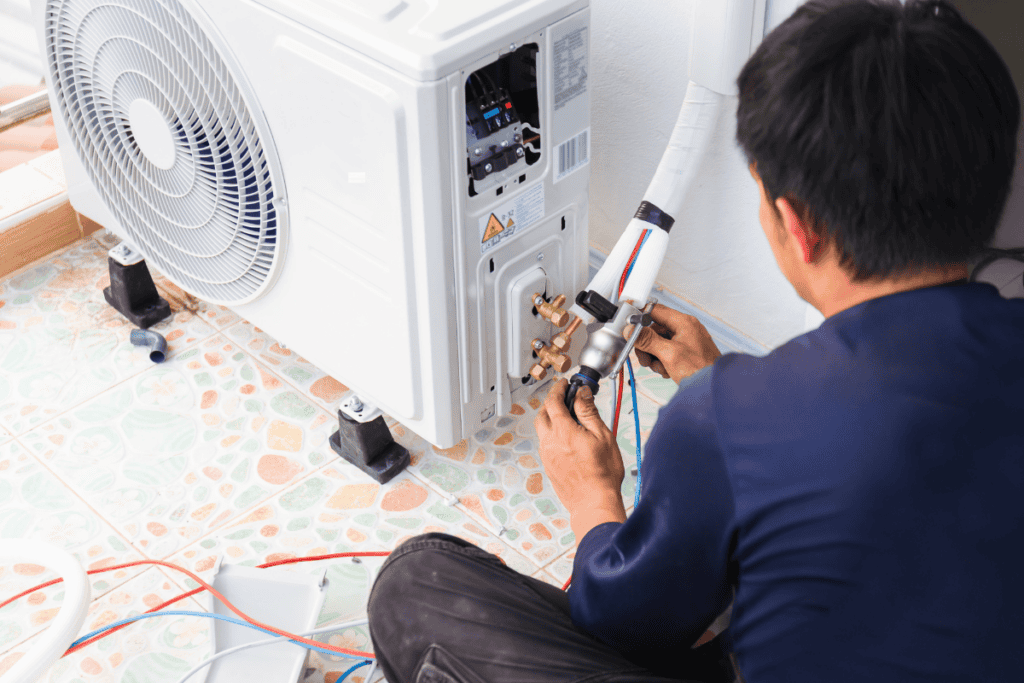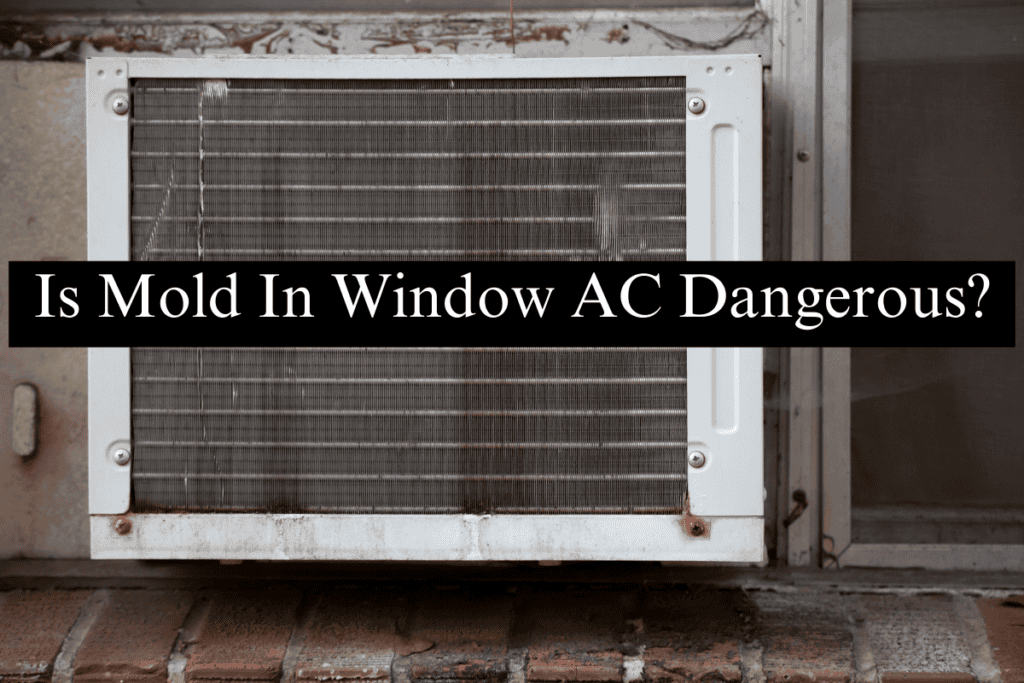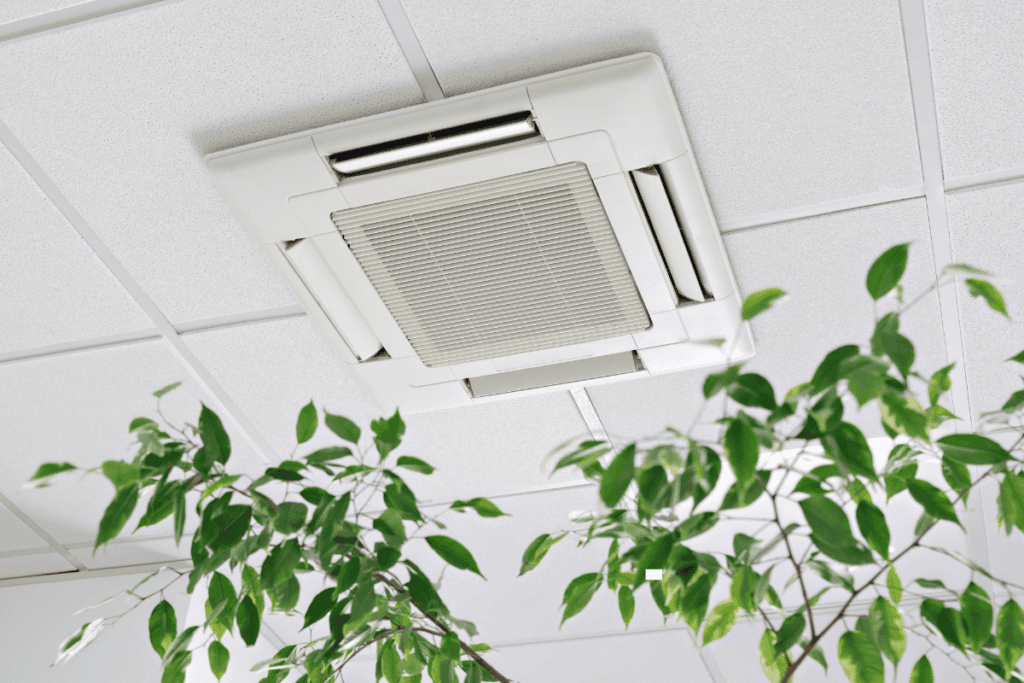As temperatures soar and global climate changes intensify, an air conditioner has become an essential appliance for many homeowners to cool your home and maintain a comfortable living environment. However, reduced cooling efficiency can be incredibly frustrating, especially when your AC unit is not functioning as expected. One common issue that can disrupt the cooling performance of your air conditioning system is ice formation on the evaporator coil.
While it may seem counterintuitive for an appliance designed to produce cool air, ice on your air conditioner’s evaporator coil is an abnormal occurrence that can significantly hinder your AC’s ability to properly cool your home.
If you notice ice forming on your air conditioner or evaporator coil, it’s crucial to address the problem promptly. Neglecting this issue can lead to further complications and potentially cause damage to your AC unit, resulting in costly repairs or replacements.
In this article, we’ll explore 7 simple steps you can take to prevent ice formation in your air conditioning system, helping to maintain optimal cooling performance and energy efficiency throughout the hot summer months.
Contents
10 Reasons Behind Ice Formation in AC
1. Irregular Airflow
Insufficient airflow is one of the most common causes of ice formation in an AC unit. When airflow is restricted, the evaporator coils can get too cold, causing water vapor in the warm indoor air to condense and freeze on the coils, eventually forming a thick layer of ice. This can happen due to a clogged air filter, blocked vents, or issues with the blower motor.
2. Broken Components
If an essential component of your air conditioner, such as the blower motor or a refrigerant line, is broken or damaged, it can prevent the AC from working properly. The unit may be forced to overwork to continue supplying cold air, further worsening the situation and causing water vapor to collect and freeze on various parts, including the evaporator coils.
3. Low Refrigerant Temperature
The evaporator coils are filled with refrigerant designed to absorb heat from the untreated air inside your home. However, if the temperature of the refrigerant gets too low, it can cause a pressure drop, leading to ice formation inside the AC unit. This can happen due to a refrigerant leak or other issues with the refrigerant line.
4. Clogged Drain Pipe
When hot indoor air hits the excessively cold evaporator coils, condensation forms. Under normal conditions, this condensation remains warm enough to avoid freezing and is drained away through a pipe. However, if that drain pipe gets clogged, the condensation continues to build up on and around the coils, increasing the chances that it will freeze.
The IMC code says that the diameter inside of your drain lines must be at least ¾ of an inch for proper drainage.
5. Unclean Filters
Dirty or clogged air filters can accumulate dust and debris, restricting airflow and causing the evaporator coils to become too cold. This low airflow scenario leads to ice formation on the coils. Additionally, clogged filters force the AC to work harder, straining components like the blower motor and leading to potential breakdowns and higher energy consumption.
6. Thermostat Issues
Incorrect thermostat settings or a malfunctioning thermostat can cause the system to run for longer than necessary, leading to overcooling and ice formation on your ac evaporator coils. Upgrading to a smart thermostat can help prevent this issue while also improving energy efficiency and comfort.
7. Fan Problems
If the fan responsible for circulating air over the evaporator coils is not working properly, it can’t distribute the air efficiently. This lack of airflow can cause the coils to become too cold, leading to ice formation.
8. Dirty Evaporator Coils
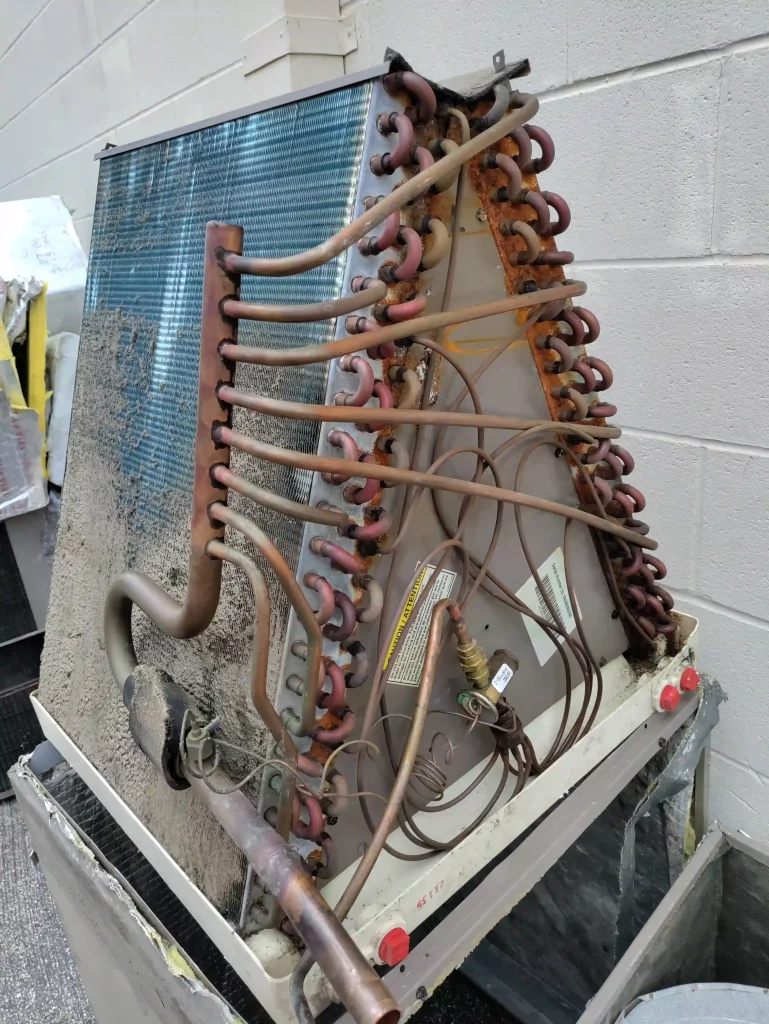
9. Insufficient Insulation
Poor insulation around the evaporator coils can lead to condensation forming on the coils, which can then freeze and cause ice buildup. Maintaining proper insulation can help maintain the correct temperature and prevent this issue.
10. Blocked Vents
Blocked or closed vents restrict airflow, causing the evaporator coils to become too cold and leading to ice formation. Common causes include furniture, curtains, or debris obstructing the vents, as well as intentionally closing vents to control room temperature. Keeping all vents open and unobstructed can prevent this issue.
Is the Formation of Ice on My AC Bad?
Yes, ice buildup on the evaporator coils is detrimental to the overall performance and longevity of your ac system. It reduces the AC’s efficiency, forcing it to work harder and increasing energy consumption. Persistent ice can also damage the compressor and other components, leading to costly repairs or even the need to replace the entire system.
Additionally, melting ice can overwhelm the drainage system, causing leaks, water damage to surrounding areas, and potential mold growth. Regular ice formation indicates underlying issues that, if left unaddressed, can lead to frequent breakdowns and a shorter lifespan for the AC unit.
Steps You Can Take to Prevent Ice Formation on AC
1. Cleaning the AC Regularly
Regular cleaning is crucial to maintain optimal airflow and prevent ice buildup. Dust and debris can accumulate on the ducts, filters, and coils, restricting airflow and causing the evaporator coils to get too cold, leading to ice formation.
2. Turn Off AC If Outside Temp Below 60°F
It’s best to avoid using your air conditioner when outdoor temperatures drop below 60°F (15.5°C). Running the AC in excessively cold conditions increases the risk of the evaporator coils freezing, leading to ice formation.
3. Regularly Changing Air Filters
Replace air filters regularly, at least once a month during heavy usage periods like summer or clean your reusable filters regularly. Clogged filters restrict airflow, causing the evaporator coils to freeze over. Consider using high-quality filters and having your ductwork sealed for optimal efficiency.
4. Cover Your AC During the Off-Season
If your air conditioner will not be used for an extended period (e.g., over 10 days), it’s recommended to cover both the indoor and outdoor units to protect them from dust and debris buildup, which can contribute to ice formation when the unit is turned back on.
5. Regular Inspection
Have your system inspected and serviced every spring by a professional HVAC technician. This will help catch potential issues and check that the refrigerant levels are correct, reducing the risk of ice formation.
6. Maintain Proper Insulation
Adequate insulation around the evaporator coils and ductwork helps prevent warm air leaks and temperature fluctuations, which can lead to condensation and eventual ice formation on the coils.
7. Adequate Ventilation
Keep vents and air registers clear of obstructions to promote optimal airflow throughout your home. Restricted airflow can lead the evaporator coils to become too cold, causing ice to form.
If Your AC Has Turned Into a Block of Ice, Call HVAC Angel!
Despite your best efforts, sometimes ice formation on your ac system can become severe, turning it into a solid block of ice. In such cases, it’s crucial to seek professional help to prevent further damage and restore efficient cooling.
At HVAC Angel, our team of highly trained and experienced technicians is equipped with the knowledge and tools to diagnose and resolve even the most stubborn ice buildup issues.
With our commitment to exceptional service and customer satisfaction, you can trust that we’ll not only fix the immediate problem but also identify and address the underlying cause to prevent future occurrences. Don’t risk further damage or costly repairs – call HVAC Angel at the first sign of excessive ice formation, and let our experts handle it with care and precision.
Frequently Asked Questions
1. Do all ACs have the problem of ice formation?
No, ice formation is not an issue for all air conditioners. It typically occurs due to specific underlying problems or improper maintenance.
2. Can I conclude that the formation of ice is behind less cooling?
Yes, ice buildup on the evaporator coils can significantly reduce the cooling efficiency of your air conditioning system.
3. Can ice form over the AC as well?
Yes, in severe cases, ice can form not only on the indoor evaporator coils but also on the outdoor unit, such as the condenser coils or fan.
4. Can turning off the AC defrost it?
Turning off the AC may allow the ice to melt gradually, but it’s not a permanent solution and may not address the underlying cause of the ice formation.

